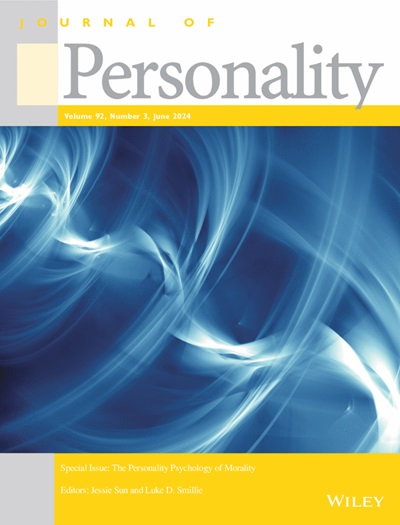Self-compassion promotes self-concept clarity and self-change in response to negative events
Abstract
Objective
Negative events tend to reduce self-concept clarity, which could hinder self-change. Three studies (total n = 1603) including two preregistered tested whether inducing self-compassion in response to negative events promotes self-concept clarity and self-change.
Methods
Participants engaged in either a self-compassionate or a control writing task regarding negative events. They responded to the scales of self-concept clarity and self-change before and after the manipulation. Self-change was assessed using two indicators: self-improvement regarding the negative aspects of the self (i.e., negativity transformation, Studies 1–3) and openness to self-change (Studies 2 and 3). In Study 3, self-esteem and affect were assessed to test alternative processes.
Results
Across the studies, participants induced to be self-compassionate reported higher levels of self-concept clarity, negativity transformation (except in Study 1), and openness to self-change. Studies 2 and 3 found that self-concept clarity mediated the effect of self-compassion on openness to self-change. Study 3 indicated that this indirect effect remained significant, while the indirect effect of self-compassion on negativity transformation was nonsignificant when self-esteem and affect were considered.
Conclusions
Overall, boosting self-compassion in response to negative events could help people retain self-concept clarity and, thus, be open to self-change. Self-compassion could also orient people to engage in negativity transformation.

 求助内容:
求助内容: 应助结果提醒方式:
应助结果提醒方式:


